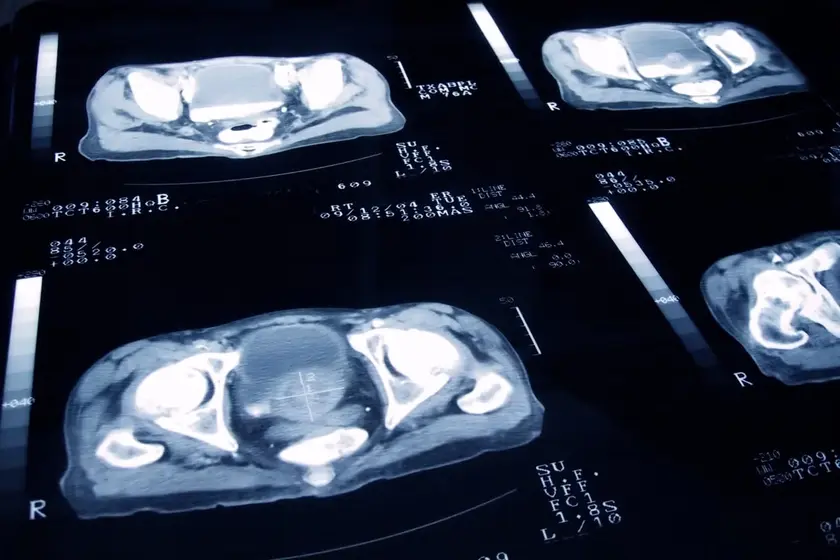T4K3.news
Health warning on men’s signs prompt care
Enlarged male breasts can signal serious health issues, and people should seek medical advice if they notice changes.

A UK NHS GP warns that enlarged male breasts can mark serious underlying illnesses and urges medical checks.
Gynecomastia signals potential cancer and liver disease
A UK NHS GP, Dr Surak Kukadia known as Dr Sooj, used a TikTok video to warn that gynecomastia can be a sign of serious conditions such as testicular cancer, breast cancer or liver disease. He stresses that while the NHS says it can be common and may not require treatment, it can also point to underlying health issues that deserve medical attention. The video, which has drawn over 228,000 views, also notes other signs to watch for, like lumps, swelling, or changes in the chest or nipple area. The NHS emphasises that early detection can improve outcomes for cancers and liver disease, though many cases of gynecomastia are benign. Social media users shared personal stories in response, underscoring the real anxiety around symptoms that could indicate serious illness.}
"There has been a concerning rise in cancers among young people," the piece notes, and it points to statistics that show testicular cancer remains the most common cancer in young men, with survival rates high when detected early. It also cites that penile cancer, when caught early, has a five-year survival rate above 90%. By contrast, late-stage cancers carry a much bleaker outlook. On liver disease, the report highlights rising deaths and suggests as many as one in five people in the UK could be affected, with a large portion undiagnosed due to few obvious symptoms. The symptoms of liver disease can include fatigue, weight loss and jaundice, among others. The piece concludes by advising people to consult a clinician if they notice signs, stressing that professional assessment—blood tests and hormone profiles—can clarify the cause and appropriate treatment.
Key Takeaways
"This could be a sign for so many different things including liver disease and cancers"
Dr Surak Kukadia on the seriousness of gynecomastia as a warning sign
"Please, please check yourself lads"
A patient commenting after the NHS video
"Men can get breast cancer too and should get checked"
Doctor advising awareness of male breast cancer
The piece uses a health warning from a clinician to frame a broader public health concern. It leverages patient anecdotes to humanize risk, but keeps a cautious tone about how common or rare each condition might be. The underlying tension is between empowering people to seek care quickly and avoiding alarm in a way that could spread misinformation. The rise in liver disease and cancers among younger people adds urgency to the message, yet the story also risks normalizing anxiety if not paired with clear guidance from medical professionals. Health communicators should balance accessibility with accuracy, and social platforms must channel viewers toward credible sources and clinical evaluation rather than self-diagnosis.
Highlights
- Know your body, act early
- Awareness must come with clear science
- Men deserve quick checks when signs appear
- Public health stories travel fast online
Public reaction risk to health messaging
The viral TikTok warning could provoke unnecessary fear or misinterpretation about gynecomastia and related illnesses. Messages should be paired with clear medical guidance and disclaimers to prevent delays in care or self-diagnosis.
Health messages should guide action, not trigger fear.
Enjoyed this? Let your friends know!
Related News

Mother fights to save her daughter from mental illness

Military eating disorders risk to readiness

Pimple in danger triangle lands woman in hospital

Prostate cancer guidelines lag create overtreatment risk

Vibrio vulnificus cases rise along southeastern coasts

Pancreatic cancer warnings and early signs

Travelers warned of health risks after trips abroad

Acrylic nails hid cancer warning
